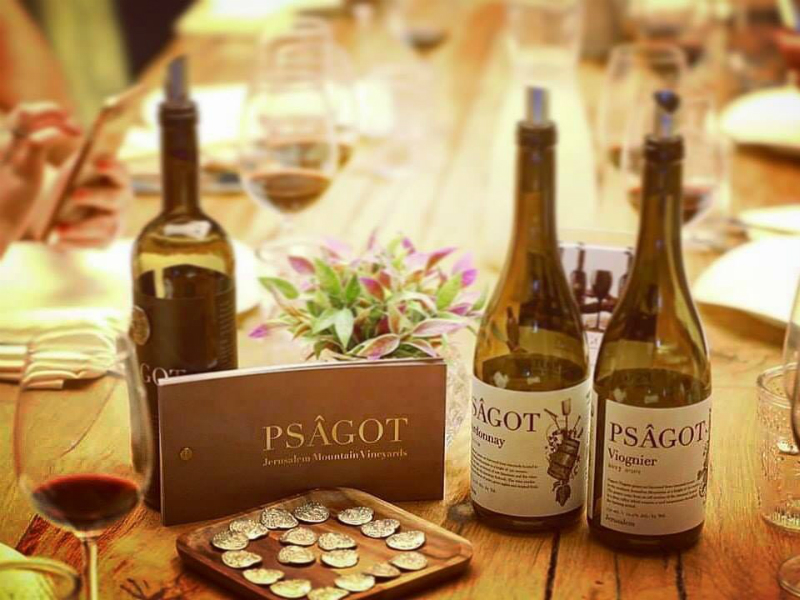In a reversal, the Federal Court of Canada has granted B’nai Brith Canada’s League for Human Rights intervener status in a controversial case involving the labelling of wine made in the West Bank.
Last month, the court rejected the League’s request to intervene in the case, saying there was “scant evidence” of what the organization could bring to the matter.
But the League appealed and received intervener status on May 13.
B’nai Brith sought a voice in the case to argue that wine made by “Israeli Jews on their indigenous lands does not violate international law,” the organization wrote in a May 14 statement.
It is “apparent,” ruled Judge Anne Mactavish, that “the legality of Israeli settlements in the West Bank (under) international law may be relevant” in this case. And B’nai Brith has experience with legal issues relating to Israel and the legal status of the West Bank, the judge added.
“The organization further views the attempt to prevent the labelling of wine as products of the State of Israel as being a means of facilitating boycotts against Israel, which it considers to be a form of anti-Semitism,” Mactavish wrote in her decision allowing B’nai Brith to intervene. B’nai Brith may bring “different and valuable insights and perspectives” to the case.
READ: COURT REJECTS B’NAI BRITH, GRANTS IJV STATUS IN WINE CASE
Independent Jewish Voices (IJV) of Canada, which supports the boycott, divestment and sanctions campaign against Israel, was granted the right to intervene in the case last month, partly because it demonstrated a “familiarity” with the labeling of products made in “the occupied Palestinian territories,” according to court documents.
The case was initiated by Winnipeg professor and pro-Palestinian activist David Kattenburg, who claims that labeling wines made in two “illegal” West Bank Jewish settlements as a “Product of Israel” is misleading because international law and Canadian policy do not recognize the West Bank as part of Israel.
Acting on Kattenburg’s complaint, the Canadian Food Inspection Agency (CFIA) ordered the Liquor Control Board of Ontario (LCBO) to remove the two wines from its shelves.
The LCBO instructed its vendors to stop importing the products, citing the directive from the food agency that Israel “would not be an acceptable country of origin” for wines made in the West Bank “and occupied territory.”
But following pressure from Jewish advocacy groups, the CFIA swiftly backtracked, saying it had not fully considered the provisions of the Canada-Israel Free Trade Agreement. Kattenburg appealed and the reversal was upheld. He is now seeking a judicial review.
Kattenburg had opposed granting B’nai Brith intervener status in the case.
“We are proud to present our position on this important matter,” said Michael Mostyn, the CEO of B’nai Brith Canada. “There is nothing in Canadian or international law to prevent Israeli vintners from producing wine in the Land of Israel and correctly advertising it as such.”
Named in Kattenburg’s complaint were the Psagot winery north of Jerusalem and the Shiloh winery in Ma’ale Levona, a West Bank settlement southeast of Ariel.
The case is scheduled to be heard in Toronto on May 21 and 22.
